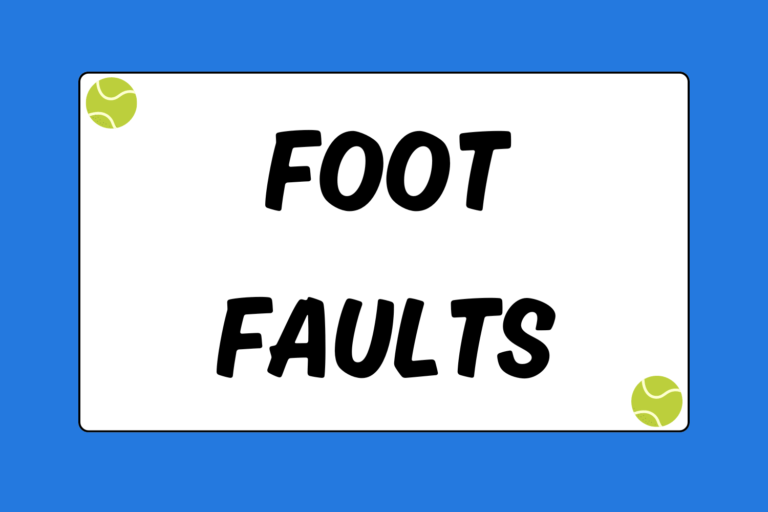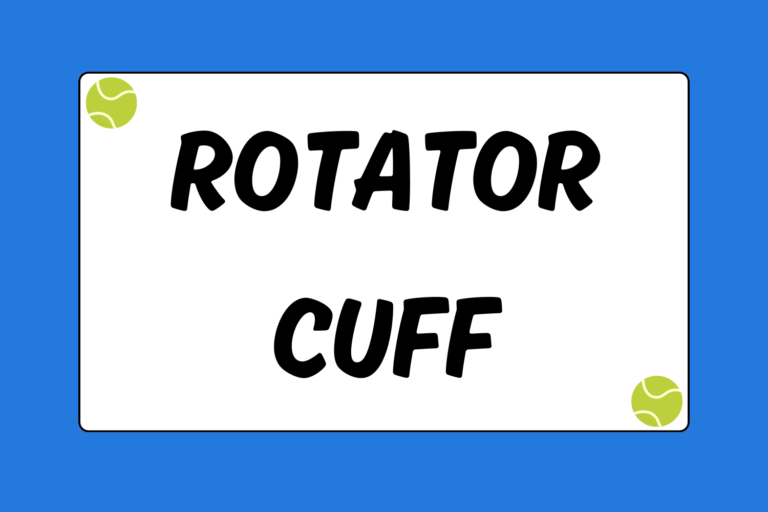Barring an injury, nothing spoils a tennis match like inclement weather. Swirling winds might annoy players and magma-like heat might tire them out, but rain storms make matches nearly impossible to play.
The majority of players compete on concrete courts, which (depending on the facility) contain varying quantities of sand. When wet, though, this sandy surface becomes extremely slippery. Even a light rain can seemingly transform a court’s slick surface into an ice skating rink. Other types of courts are not any better — grass and clay courts become virtually unplayable when they’re covered in water. So bust out your squeegee because this guide explains how to deal with a rain delay.
Rain Clouds Shroud the Courts
Rain often leaves tennis players in limbo. They stare up at the sky for some sort of message or sign, deliberating whether or not their match will be postponed. Barring a torrential downpour, there’s always a way to squeeze in a trip to the courts. Even if it’s been raining all day, sometimes the sun peeks out from behind the clouds just in time for your scheduled match.
Even if the courts unexpectedly dry up in time, misty conditions leave the door open for a rain delay once your match gets underway. And if rain does start beating down in the middle of a game, you’ll have to pause the action.
Whatever you do, don’t pack up your bag and assume the match is over. Most league-sanctioned matches will wait it out in hopes that the storm clouds pass. How you handle a rain delay is crucial. Too many players wait around idly or pack it up early, presuming Mother Nature has called off their match. And nearly every player who wastes time during the delay will lose once play resumes. The following sections explain how to best use your downtime during a rain delay, so you can stay focused and primed to win.
Nibble like a Bird
Don’t eat any heavy snacks or meals once you step off the court. It’s okay to munch on something light — like fruit or nuts — but don’t overdo it. You’ll have already eaten a pre-match meal, so you should have enough fuel to last the entire match. Too much food will make you lethargic.
Water, Water Everywhere
Use the water falling from the sky as inspiration to stay hydrated. Continue drinking water before you step back onto the court, especially if you’re still in the early or mid-stages of your match. Dehydration leads to energy loss, cramping, and possible injuries.
Stretch It Out
You want to stay loose during the delay, so mix in some static and dynamic stretches. Target your shoulders, hamstrings, and legs so you don’t stiffen up once your match resumes. In addition, do some butt kicks, jog in place, and perform shadow tennis strokes to stay loose.
Mental Game
Chances are good that your opponent will let up during this downtime, so outplay him by keeping your head in the match. Visualize exactly what you want to do when the court dries, and replay some of the previous points in your head. Figure out which shots you’re struggling to return, the areas of your game that need bolstering, and the strategies that will work best to close out the match.
Don’t think about the match ending. Instead, meet with your coach, parents, or doubles partner, and review your game plan. Analyze the early stages of the match, and discuss your plan of attack once the weather clears. Rather than focusing on the poor weather and a possible rain-out, concentrate on what you can control: How you play after the delay.
Rain Dance
While you want to stay focused during a rain delay, don’t forget to relax. Tennis can be stressful, so find your happy place and unwind for a bit. But don’t take it too easy. You shouldn’t whip out your phone and start texting your friends, and don’t try to sneak in some beauty rest with a quick catnap. You can’t let your mental or physical approach waver too much, so hang around the courts and get ready to close out the match once the sun fends off the rain clouds.





